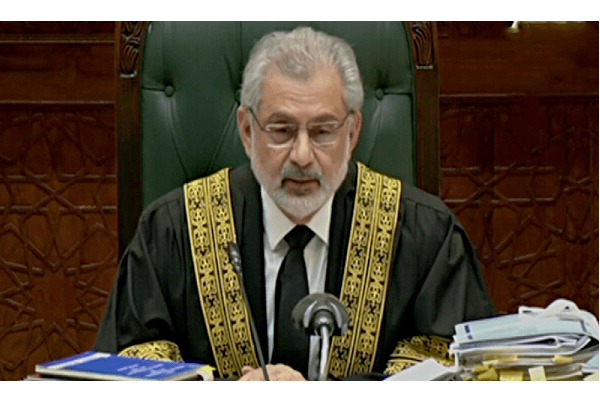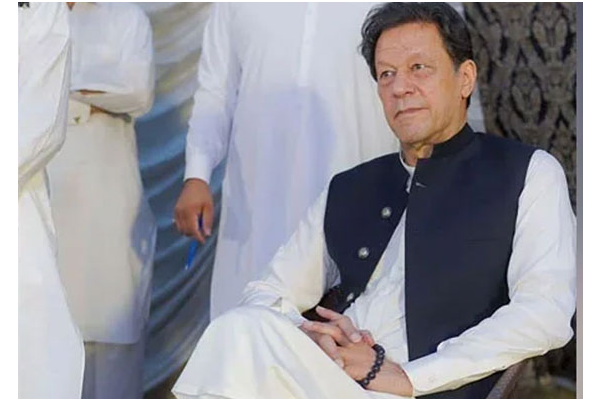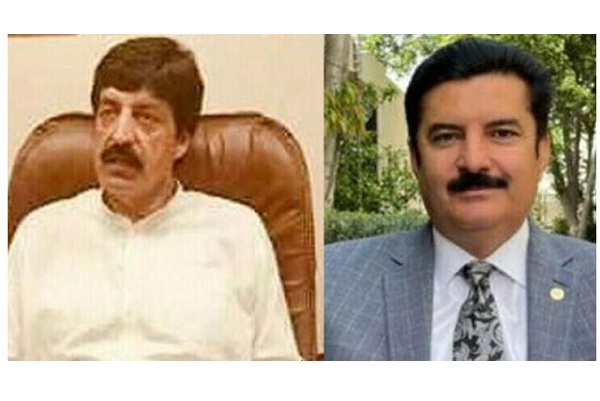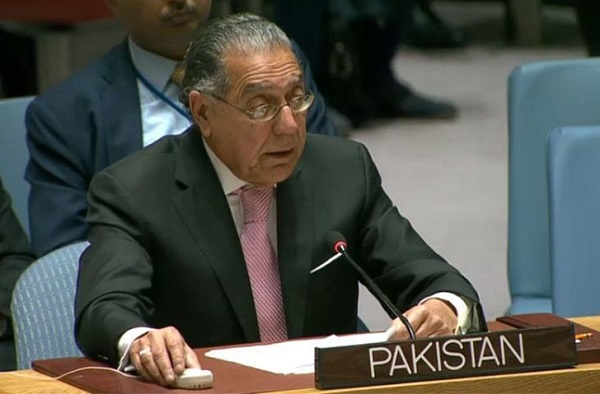ISLAMABAD: PTI’s founding chairman Imran Khan in his message from Adiala Jail, Mr Khan urged the judges hearing his and his wife
ISLAMABAD: The chief justice of Pakistan (CJP) has raised questions over utility and purpose of caretaker governments in the centre and all four provinces.
When the Constitution has vested the responsibility of holding transparent elections with the Election Commission of Pakistan (ECP), what was the purpose of interim governments, asked CJP Qazi Faez Isa on Tuesday.
The court was hearing a petition moved by Sardar Kashif Khan for simultaneous elections to the national and all four provincial assemblies on the same date.
The CJP wondered what the concept behind caretaker governments was and asked the counsel who proposed this system of governance.
It was introduced by ex-president Gen Ziaul Haq through the Revival of Constitution Order in 1985, said Senator Farooq H. Naek, who was representing PPP.
“But he [Gen Haq] did not implement it after introducing the concept when he removed the government of former prime minister Mohammad Khan Junejo,” the CJP interrupted.
Mr Naek argued that caretaker governments “derogate the preamble of the Constitution” which says the state will exercise its powers and authority through the chosen representatives of the people.
Bangladesh had done away with the concept of a caretaker set-up in 2011, while Greece was still following it because of the precedents established during the Roman Empire, the counsel continued. Though the intention behind the caretaker set-up was to ensure fair and transparent elections, not a single election was held in that manner, he regretted.
The CJP also traced the history of caretaker set-ups in Pakistan, starting from the dismissal of former prime minister Benazir Bhutto’s first government to the dissolution of assemblies by the PML-N-led coalition in August.
Referring to the early dissolution of the Punjab Assembly, CJP Isa said the move, that too when the assembly’s term was nearing its end, raised a question about why it was done and why someone dissolved their own government and the motive behind it. He added that, among other things, such dissolution had a financial impact as well.
The Punjab Assembly was dissolved by ex-chief minister Parvez Elahi in January, a month after PTI Chairman Imran Khan announced he would prematurely end his party’s government in the province — and in Khyber Pakhtunkhwa — to pave the way for fresh elections.
Justice Athar Minallah, who was also part of the bench, remarked that there was no bar on the dissolution of an assembly before its term ended. Still, the parliament should consider questions raised in this case since courts cannot make political decisions.
His opinion was seconded by the CJP, who observed that these matters should be considered by the parliament. “The Supreme Court has become an arbiter of political disputes. Debates should be held in the parliament.”
In response to Mr Naek’s assertion that the country was “in a state of confusion and mistrust and facing political and financial dilemma”, CJP Isa remarked that “things are now improving”.
When the counsel said the caretaker government had become unconstitutional since it had extended its tenure, the CJP quipped he should withdraw the statement. “Otherwise, it would be splashed on the media.”
Mr Naek also called for “a level playing field for all political parties”.
Justice Minallah added that maintaining political stability was the job of politicians and not the court.
You May Also Like
ISLAMABAD: PPP Chairman Bilawal Bhutto-Zardari on Friday nominated two senior party leaders for the posts of Khyber Pakhtunkhwa
UNITED NATIONS: Pakistan has urged the UN General Assembly and the Security Council to address India’s new strategy of






